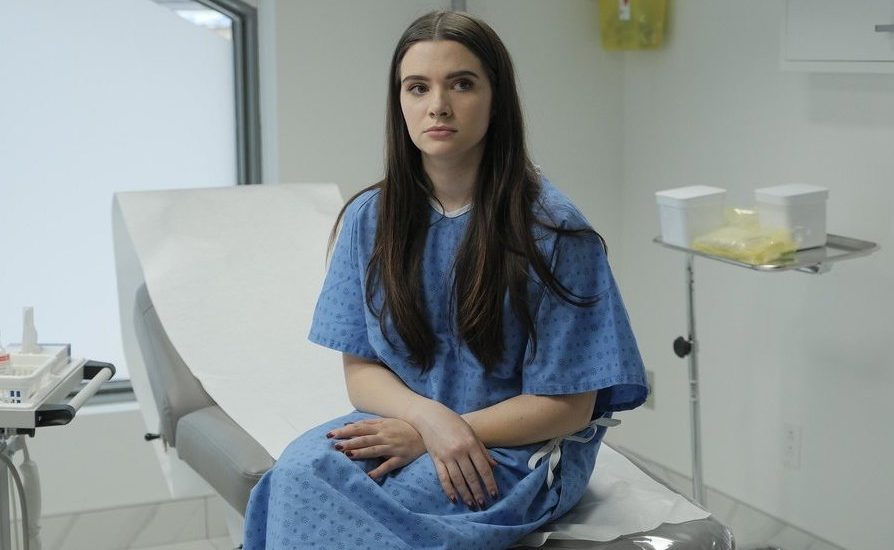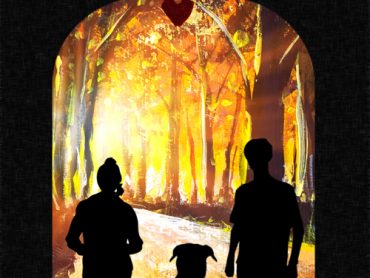By Mason Sansonia
The Bold
Freeform’s The Bold Type has a lot going for it. Its main characters want the most out of life and consistently pursue what will make them the happiest. They make known what makes them uncomfortable, and don’t shy away from trying to change things for the better.
That’s why when one of them is afraid or nervous about trying or learning something new, it’s noticeable. That’s exactly what happens to Jane during the sixth episode of season 1, “The Breast Issue.” In writing about the BRCA (pronounced “Brahka”) gene for the magazine, it becomes apparent that Jane may very well have a malfunctioning BRCA herself. Despite her family’s history with cancer however, she’s nervous about getting tested to find out for sure.
Why is that? Jane’s not exactly one to shy away from something she thinks should be said. She’s also not one to shy away from understanding or knowing something, even when it’s looking into something she doesn’t like, or that makes her uncomfortable. So why would she hesitate to learn something so important? To better understand it, we have to better understand the BRCA gene itself.
The BRCA
There are actually two BRCA genes, BRCA 1 and BRCA 2. Both have the function of fixing problems with the cells that comprise breast tissue. When they work properly, the body finds it much easier to keep healthy breasts, which is why women without a BRCA gene malfunction have only about a 7% chance of Breast Cancer.
That changes drastically should one of the two genes malfunction. This is what the BRCA test looks for, and (spoilers), it’s what Jane discovers she has. If the BRCA 2 gene has the malfunction, the chance for Breast Cancer jumps to 45%, with possible Ovarian Cancer jumping to 70%. If it’s BRCA 1 that doesn’t function properly, the chance for Breast Cancer can jump to 55 or 65%.
The reason for this is that, like all genes, BRCA 1 & 2 can mutate. Mutations like this change the genes so they no longer perform their intended function, which again, is fixing breast tissue. The worst part though, and the reason it’s suggested Jane go in to get tested, is that these mutations can be passed along to one’s children. Harmful BRCA mutations can be inherited, which can lead, as it does in Jane’s case, to a family history of Breast Cancer. In the case of Jane’s mom, it was fatal.
The Battle
Having a malfunctioning BRCA gene changes someone’s life. It changes the question of having cancer, one of the scariest things any person or their loved ones could ever go through, from an “if” to a “when”. It’s almost a certainty, and knowing that ahead of time, while certainly good for making informed life choices, can be a tremendous weight.
There’s also the question of children. Remember, the BRCA mutation can be inherited, and if it is, it brings the same risk of cancer to the child or children. What would you do if you knew there was a 50/50 chance your kid would almost certainly have cancer during their lifetime? It’s not a good place to have your head, and it’s not an issue that can be avoided once you know about it. Considering Jane talks about it with a doctor in a later episode, it’s definitely one she’s confronting.
These are issues that exist outside the show of course, and they can be mortifying. My mother had Breast Cancer. I was young at the time, and didn’t fully understand the severity of what she was going through. All I knew was the important stuff: she was very sick and I couldn’t help. She pulled through, but not unscarred. I remember my mom having long, beautiful brown hair when I was little, but the treatment made her go bald. Her hair has grown back in short and gray, a permanent reminder of what she went through.
My situation is a very good one. My mom survived, and upon being tested, discovered she didn’t have a harmful BRCA gene mutation. Jane’s situation, as well as the situation of many women today, is far, far grimmer. It’s not the sort of situation that can be overcome just by being more conscientious or changing our ways. It’s just an awful situation. So for many of us, all we can do is what Kat, Jane and Sutton do: be there for each other. It’s important to remember that, and to encourage each other to, like Jane, face the truth of where we are. Even when it’s painful.



